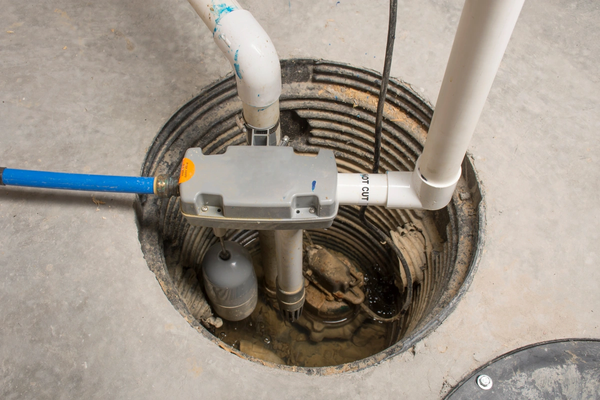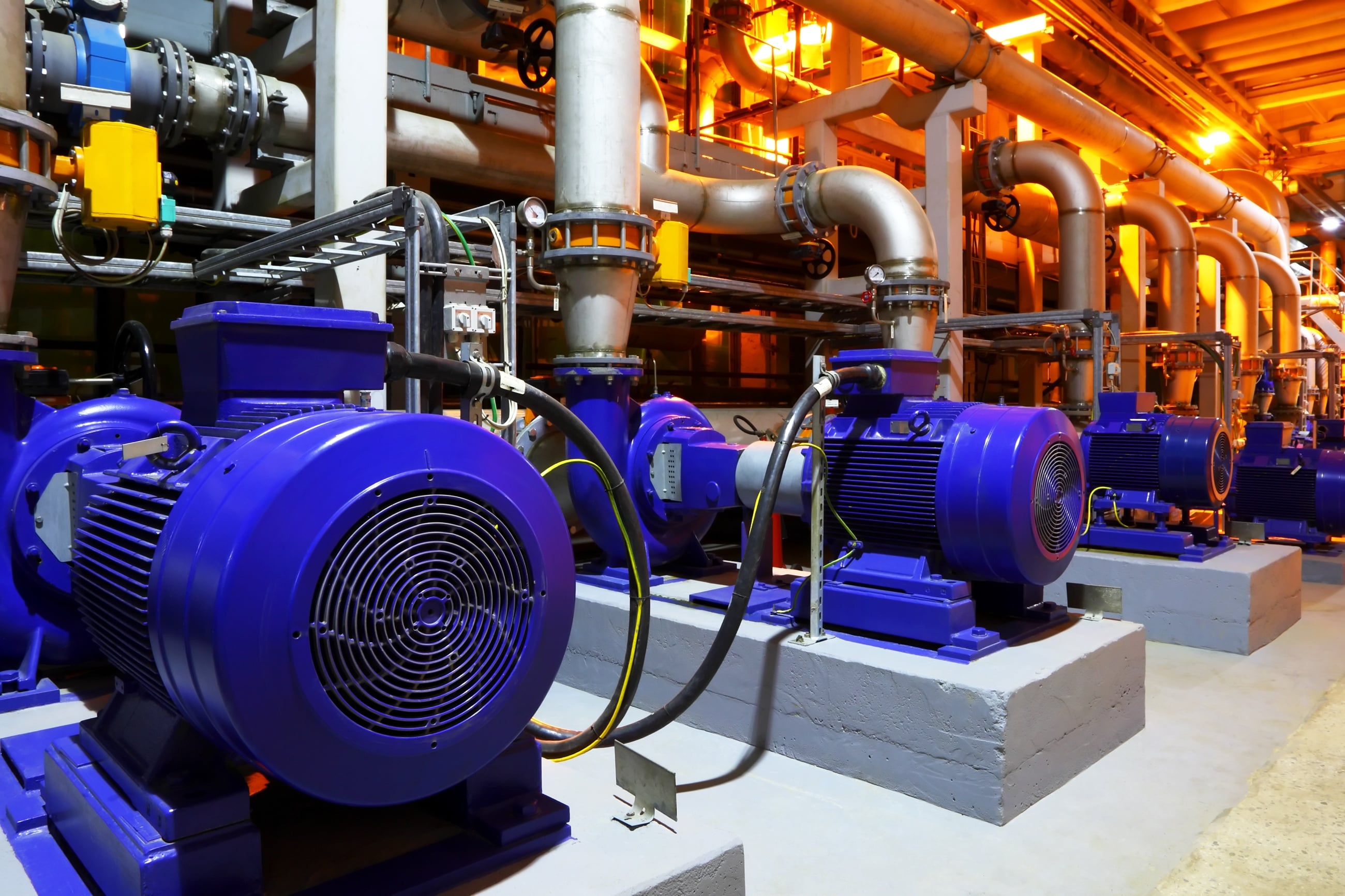Easy-to-Follow Approaches for Solving Low Water Pressure in Your Home
Easy-to-Follow Approaches for Solving Low Water Pressure in Your Home
Blog Article
Just how do you actually feel when it comes to 9 Reasons for Low Water Pressure in Your House?

Low tide stress in your house can be a frustrating issue, influencing every little thing from showering to cleaning meals. If you're experiencing weak water flow, there are a number of possible causes and services to check out. In this overview, we'll go over typical reasons for low tide pressure and functional steps to attend to the problem properly.
Intro to Low Tide Pressure
Low tide pressure takes place when the circulation of water from your faucets, showers, and various other fixtures is weaker than normal. This can make everyday jobs a lot more tough and much less efficient. Recognizing the root causes of low tide stress is critical to finding the appropriate option.
Usual Root Causes Of Low Tide Stress
Faulty Pressure Regulatory Authorities
Pressure regulators are accountable for preserving constant water pressure in your house. If they malfunction, it can result in low water stress or unequal circulation throughout your home.
Community Water Supply Issues
In some cases, the issue lies outside your home. Local water system concerns, such as main line leaks or upkeep work, can momentarily reduce water pressure in your area.
Pipeline Obstructions
In time, pipelines can end up being clogged with mineral deposits, sediment, or particles, limiting the circulation of water. This is a common concern in older homes with galvanized steel pipes.
Deterioration
Rust within pipelines can result in leakages and decreased water pressure. Corrosion buildup can tighten water circulation, particularly in aging plumbing systems.
How to Identify Low Tide Stress
Inspecting Pipelines
Inspect noticeable pipelines for signs of leakages, deterioration, or blockages. Focus on any kind of unusual noises, such as knocking or rattling pipes, which could show concerns within the plumbing system.
Consulting with a Plumber
If you're not able to pinpoint the cause of low tide stress, consider hiring a specialist plumber to conduct a detailed evaluation. They can recognize underlying concerns and suggest suitable options.
Inspecting Taps and Fixtures
Beginning by checking the water pressure at various taps and components throughout your home. If the issue is separated to details locations, it may show localized problems.
Do It Yourself Solutions to Fix Low Tide Stress
Flushing Water Heater
Sediment build-up in the water heater can limit flow and decrease efficiency. Flushing the storage tank periodically aids remove sediment and keep optimal performance.
Inspecting Stress Regulatory Authority
Ensure that the pressure regulatory authority is working appropriately. Changing or replacing the regulatory authority can assist restore correct water pressure throughout your home.
Cleaning Up Aerators and Showerheads
Mineral deposits can accumulate in aerators and showerheads, minimizing water circulation. Get rid of and clean up these components routinely to enhance water pressure.
Cleaning Clogs in Pipeline
For small blockages, attempt using a plumbing snake or chemical drain cleaner to clear obstructions in pipelines. Be cautious when utilizing chemicals and comply with safety and security guidelines.
When to Call a Specialist Plumber
If DIY efforts fall short to resolve the concern or if you suspect considerable plumbing problems, it's finest to look for support from an accredited plumber. They have the expertise and devices to resolve intricate concerns safely and properly.
Safety Nets to Keep Water Pressure
Mounting a Stress Booster
Think about installing a stress booster pump to enhance water pressure in locations with regularly low flow. This can be particularly helpful for multi-story homes or properties with high-demand fixtures.
Monitoring Water Use
Be mindful of water usage behaviors and prevent ill-using the plumbing system. Basic modifications, such as incredible showers and laundry loads, can assist keep sufficient water stress.
Routine Maintenance
Set up regular maintenance for your plumbing system to prevent issues such as deterioration, leaks, and obstructions. Resolving small problems early can aid stay clear of more substantial fixings later on.
Conclusion
Dealing with low tide stress can be discouraging, yet identifying the underlying causes and applying appropriate solutions can recover ideal flow throughout your home. Whether it's cleansing aerators, evaluating pipelines, or seeking advice from a plumber, taking proactive steps can make certain a constant supply of water for your day-to-day demands.
HOW TO FIX LOW WATER PRESSURE IN YOUR HOUSE
When your plumbing system functions properly, you likely never think about the water pressure coming from your faucets, shower heads, or other water fixtures. If you experience low water pressure in your house, though, it can quickly cause problems for cooking, cleaning, bathing, and laundry. Learning how to fix low water pressure in your house can help you avoid frustrating situations and worsening plumbing issues.
When investigating why your home has low water pressure, call the plumbing professionals at Hutchinson to inspect your system, identify the problem, and perform necessary repairs. Our highly-trained plumbing system experts utilize the best tools and techniques available to resolve issues with your home’s plumbing system. Call today to schedule a service with our experts and resolve the low water pressure in your home.
Common Causes of Low Water Pressure
While learning about how to fix low water pressure in your house, it’s essential to understand the various causes of this issue. From plumbing system failures to issues with your water fixtures, there are many reasons for low water pressure in a home. The most common causes of low water pressure include:
Pipe corrosion: If you live in an old house, your pipes could be much older than you realize. Over time, most pipes corrode, especially those made from galvanized steel. Corrosion creates small holes in your pipes that allow water to leak as it travels to your fixtures, leading to low water pressure. Hard water: Hard water forms when water retains a certain concentration of mineral and sediment buildup. Hard water can exacerbate corrosion and reduce water pressure. Hard water remains one of the main culprits of clogged pipes. Clogged pipes: When a pipe blockage clogs your system, it restricts water flow. That’s why clogged pipes are a leading cause of low water pressure. Faulty fixtures: Components within individual water fixtures can experience isolated clogging and rusting that cause low water pressure. If you notice only low shower pressure or limited faucet flow, inspect your system for faulty fixtures displaying rusting, clogging, and other damage. Water line leaks: Your water supply usually comes from a community source connected to your home through a water line. Any leaking in this water line will reduce water pressure before it enters your home. If you share a water line with neighbors, they might also notice low water pressure due to this problem. Broken pressure regulator: The pressure regulator ensures the water flowing throughout your home remains at a psi of about 50. Damage or breakdown of this crucial component will reduce water pressure throughout your property. Closed valve: The water valve supplying your home must be fully open to enable proper water pressure. A partially closed valve will yield low water pressure and cause issues. 5 Ways to Fix Low Water Pressure
Check for Leaks
Depending on their severity, leaks are usually easy to identify as the cause of your low water pressure. Whether your basement floods overnight or you notice mold growth on surfaces near your pipes, leaks usually present noticeable symptoms. In most cases, you’ll need to call professionals to replace sections of damaged piping or seal water line leaks.
Clear Clogged Pipes and Drains
Clogs can occur in any part of your system at any time. In most cases, it’s difficult to resolve clogged pipes and drains without professional equipment and experience.
Hutchinson experts can perform a comprehensive plumbing system inspection to identify the clog’s source and remove obstructions from your pipes. With the help of advanced equipment, we can restore your home’s normal water flow and pressure.
Replace the Pressure Regulator
After identifying a faulty pressure regulator as the cause of your low water pressure, there’s nothing to do but replace the mechanism. Homeowners should never conduct their own replacement.
Attempting to replace a crucial component like your pressure regulator that attaches to your overall plumbing framework could cause unnecessary damage and worsen the situation. Instead, rely on professionals to replace your pressure regulator properly.
Repair or Replace Broken Faucets and Fixtures
If you notice water pressure issues in an individual faucet or fixture, you can solve the problem quickly. Depending on the type and location of the fixture, you can likely replace it yourself.
For homes with custom fixtures, you might need to special order new parts. In these cases, opting for professional replacements helps you avoid any mishaps that could leave your water feature dysfunctional for longer.
Install a Pressure Booster
Water pressure problems impacting your neighborhood or community at large might require more overarching solutions. If your neighbors experience low water pressure as well, you might need to integrate a pressure booster into your water supply line.
Pressure boosters upgrade the water pressure starting at the source. These mechanisms can provide water pressure benefits to any homes on the same supply line. Call Hutchinson today to install a pressure booster on your water supply line.
Call Hutchinson to Fix All Your Plumbing Issues
Low water pressure is just one of many plumbing problems that reduce home comfort and cause system issues. The top-rated professionals at Hutchinson offer comprehensive plumbing services, including system inspections, maintenance, and repairs.
https://www.hutchbiz.com/blog/2024/01/15/how-to-fix-low-water-pressure-in-house/

I stumbled upon that content about 10 Reasons for Low Water Pressure in Your House when surfing the web. Sharing is good. You won't know, you might be helping someone out. Thanks a lot for your time spent reading it.
Contact Us Today Report this page